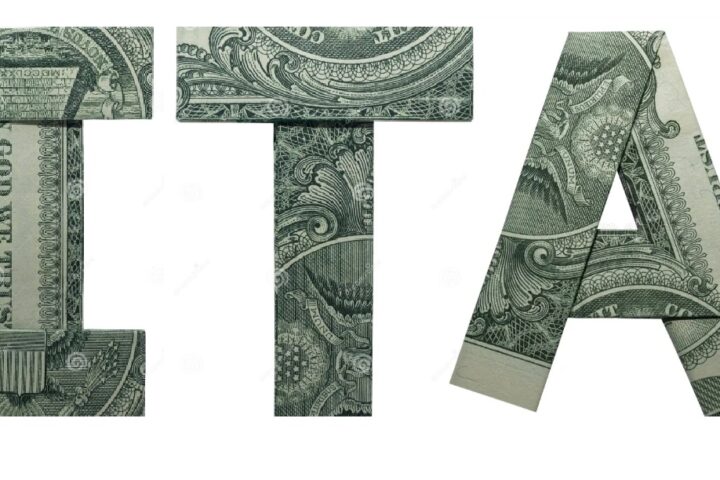As our Ken-Mar Tax clients know, we pride ourselves on maximizing tax deductions for the self-employed – which is why so many of our customers are real estate agents, small business owners and W-2ed employees with “side-hustles” like ride-sharing with Uber or Lyft, selling hand-made crafts on etsy or re-selling on Facebook Marketplace, Poshmark or eBay. At Ken-Mar Tax in Greater Cleveland we are always paying close attention to changes in the tax laws which impact business deductions and therefore, tax reduction strategies.
The Tax Cuts and Jobs Act (TCJA) of 2017, also referred to as “tax reform” on the IRS website, made significant changes to business deductions, depreciation, expensing and other tax implications for your business. In response to ongoing confusion about the new rules, the IRS recently offered additional guidance and proposed regulations governing these deductions for recent and future tax years.
As a broad rule, business owners and self-employed taxpayers may deduct up to 50% of the cost of meals directly related to conducting business. Examples might include meeting with potential clients over lunch, purchasing meals during business travel, or ordering food delivery for an after-hours employee meeting.
Keep Deducted Meal Expenses Reasonable & Be Present
Deducted meals must not be lavish or extravagant and the taxpayer, or an employee, must be present for the furnishing of food and beverages. For example, if you’re an attorney sending pizzas to a potential client’s office, if you, or an employee, is not present – that would generally not qualify for the business meal deduction.
The recent IRS notices and proposed regulations emphasize that meal expenses incurred while traveling are subject to the TCJA’s expense substantiation rules. Therefore, these costs must be carefully documented with detailed records. The IRS has also clarified that whereas certain employer-provided meals for employees may have been fully deductible prior to tax year 2018, these meals are now generally subject to the 50% meal deduction limit.
Entertainment Expenses Eliminated
Most importantly, with few exceptions, the TCJA eliminated the business deduction for entertainment expenses. In the past, potentially allowed entertainment expenses included tickets to concerts and sporting events. These expenses can no longer be deducted in any amount, and taxpayers are expressly forbidden from attempting to circumvent the law by reclassifying the expenses as “advertising,” “research,” etc.
The IRS recognizes, however, that certain entertainment activities also include food and beverage expenses. The proposed regulations affirm 2018 IRS guidelines, which state that meal expenses related to an entertainment activity may only be deducted if the food and beverage expenses are clearly separate from entertainment costs.
Before interpreting these complex changes yourself, contact Ken Weinberg of Ken-Mar Tax for a free consultation regarding maximizing your business deductions and minimizing your tax liability. Fill out our contact form or call (440)777-2207.




